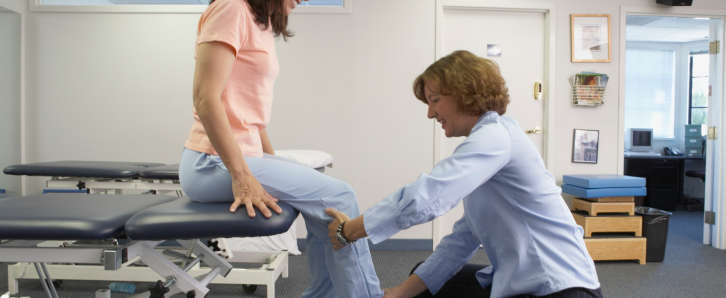The first trimester of your pregnancy is an incredibly delicate time for your unborn child. It’s when the building blocks are put together, and whether those building blocks come together in the right arrangement can depend on many factors. While it’s impossible to make any guarantees, there are few different ways that you can improve your own health and rule out issues before they even begin.
Here is a guide on how to ensure that your pregnancy runs as smoothly as possible during the first trimester.
Upgrade Your Natal Scans
Pregnancy scans do wonders for monitoring your baby’s development through the stages, especially when you upgrade your focus from the standard line-up to include NIPT. NIPT, or non-invasive prenatal testing – as well as a few other different scans – screen for genetic conditions and abnormalities that can greatly affect your baby’s life. Keep in mind that the full set of pregnancy scans may not be available for you through your national health service; in which case you’ll want to find a provider like this London pregnancy clinic to get started with a full set of six scans that will help you better understand your baby’s health, starting at 10 weeks.
Eat A Balanced Diet
During the first trimester, your baby’s organs and systems are forming. To form those systems, your baby uses the nutrients in your body, which is why it’s so important to eat a diet ideal for pregnancy. Include foods that are rich in protein, calcium, iron, and folic acid. Folic acid, in particular, is often missed out and can lead to a host of issues down the line. In general, you should also avoid caffeine, artificial sweeteners, alcohol, drugs, and heavily processed foods. If you can’t get all the vitamins you need out of your diet, then supplement them with prenatal vitamins.
Stay Hydrated
Drinking enough water is crucial during pregnancy. It helps maintain the amniotic fluid levels, which protects and cushions your baby. It also helps prevent constipation, which is common during pregnancy. Aim to drink a minimum of eight cups of water per day while also avoiding sugary drinks and caffeine.
Get Enough Rest
Fatigue is common during the first trimester as your body is working hard to support your baby’s growth. Getting enough rest is crucial during this time. Take naps when you feel tired, and make sure to get as much sleep as you need at night – around 7 to 10 hours.
Exercise
Regular exercise is essential during pregnancy as it can help improve your mood, reduce stress, and promote a healthy pregnancy. However, it is crucial to consult with your doctor before starting any exercise routine. Low-impact exercises including walking, swimming, and prenatal yoga are generally safe during pregnancy and can help elongate your pelvic floor. There’s a fine line between strengthening and tightening that pelvic floor, so be careful of the exercises you do, as this can impact your birthing experience.
Manage Stress
Stress during pregnancy can affect both yours and your baby’s health. Removing yourself from particularly stressful situations, adopting wellness habits such as deep meditation or prenatal yoga, and taking regular breaks can help keep stress to a minimum. A good way to do this is to make more time for yourself and to rely on your support network.
Avoid Toxins
Avoid exposure to toxins during pregnancy as they can harm your baby’s development. Avoid smoking, alcohol, and drugs. Also, be cautious of exposure to chemicals, such as cleaning products, pesticides, and paint fumes. These are hard on our own health, and can massively change your baby’s development.







